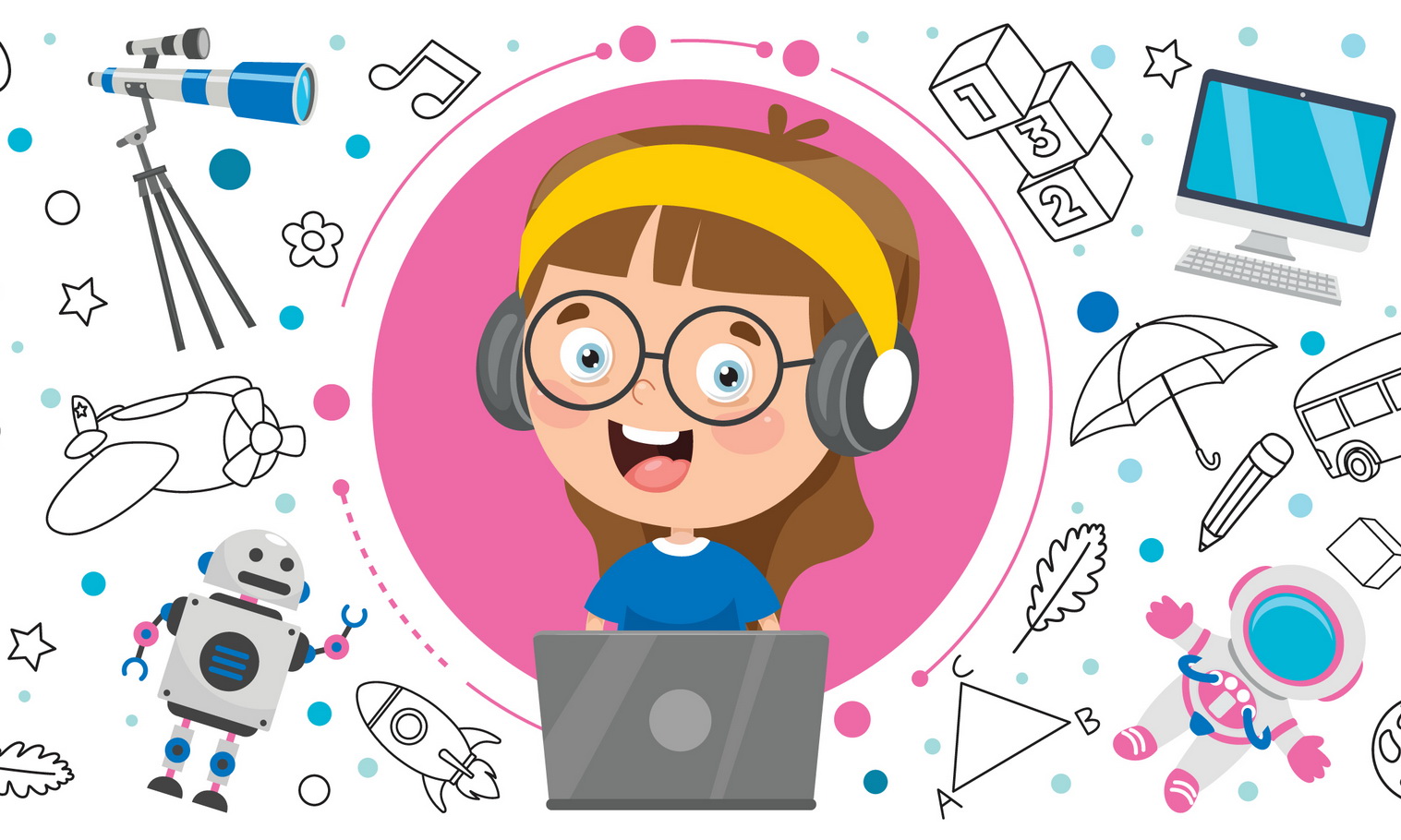Alphabet Recognition Extra Challenge Worksheets for Ages 4-7
6 filtered results
-
From - To
Discover our engaging Alphabet Recognition Extra Challenge Worksheets, designed specifically for children ages 4-7! These worksheets aim to enhance alphabet recognition skills through fun and interactive activities. Each worksheet features vibrant illustrations and diverse tasks, including letter tracing, matching, and identifying letters in various contexts. Tailored to meet the developmental needs of young learners, our extra challenge worksheets help cultivate confidence and mastery in recognizing letters. Ideal for parents and educators seeking to elevate preschool and early grade education, these resources provide a perfect complement to classroom learning or at-home practice. Unlock the joy of learning with Kids Academy today!


Letter A Tracing Page
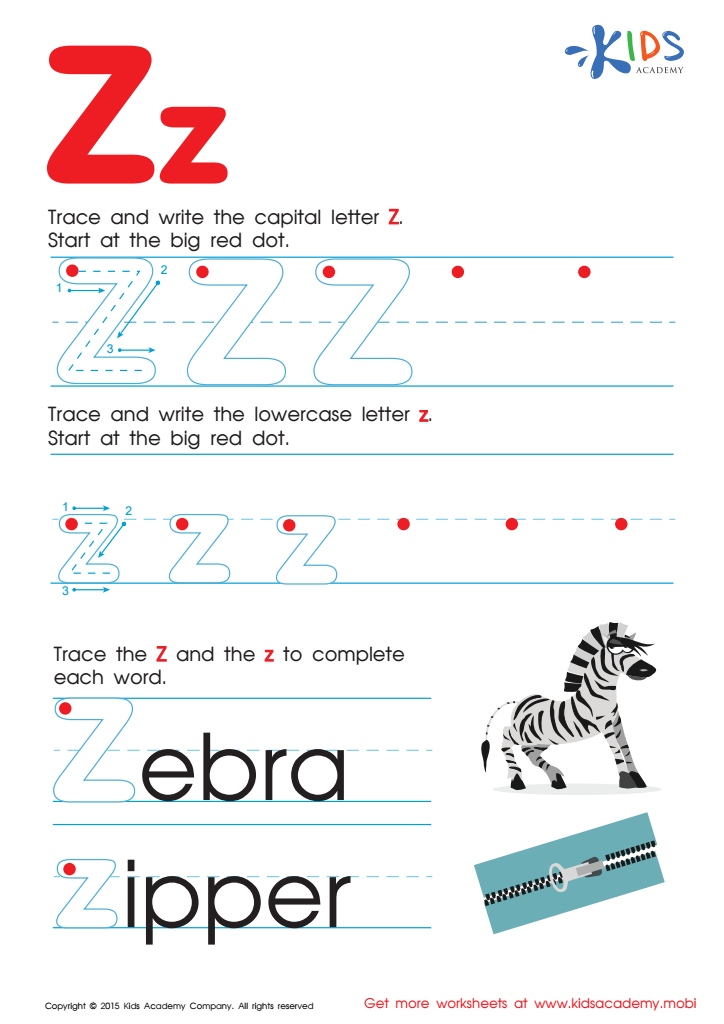

Letter Z Tracing Page
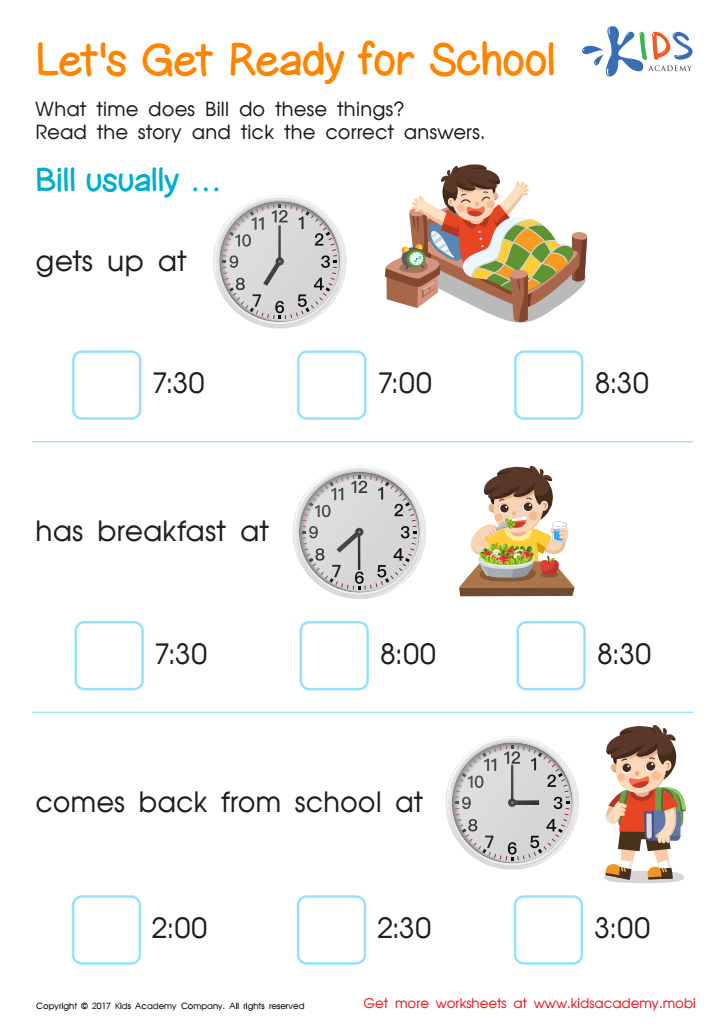

Lets Get Ready For School Time Printable
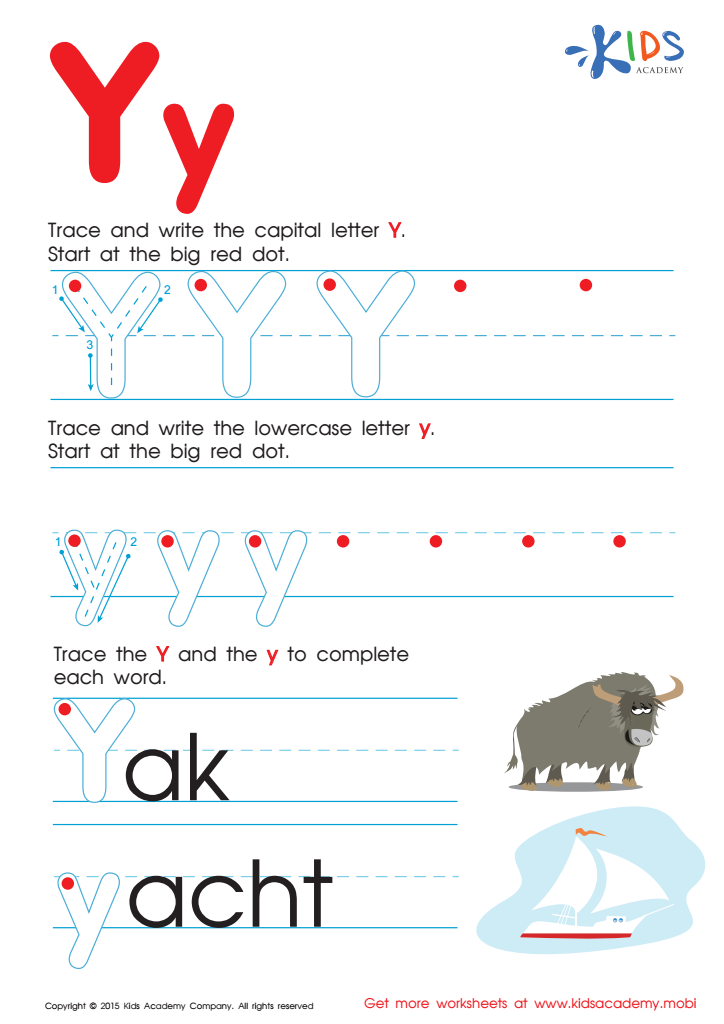

Letter Y Tracing Page
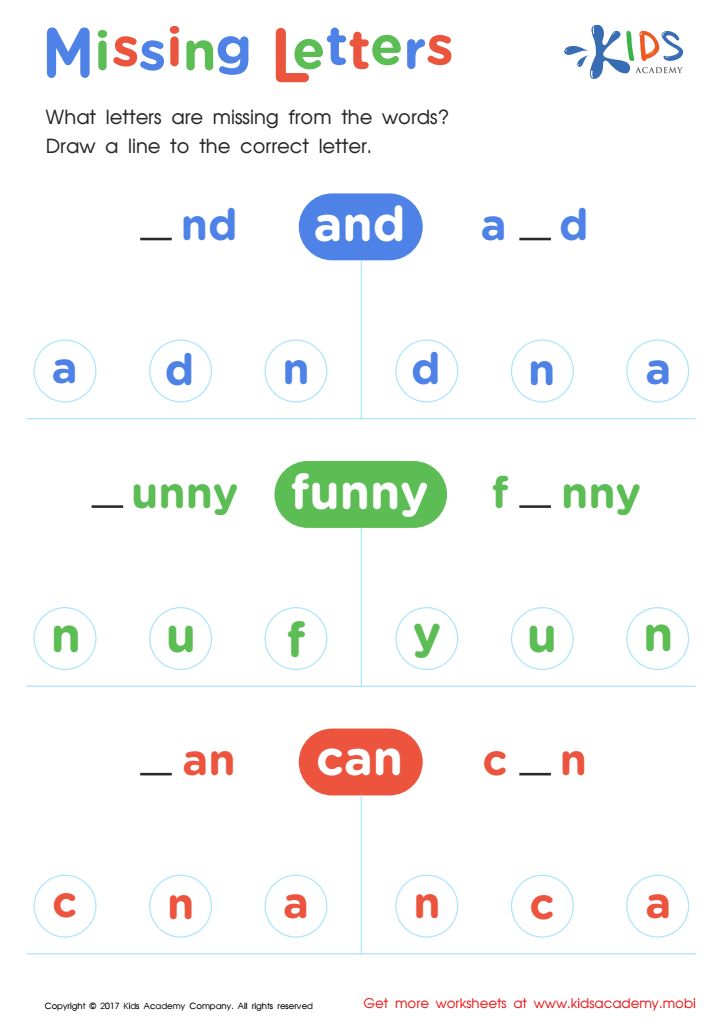

Missing Letters Worksheet
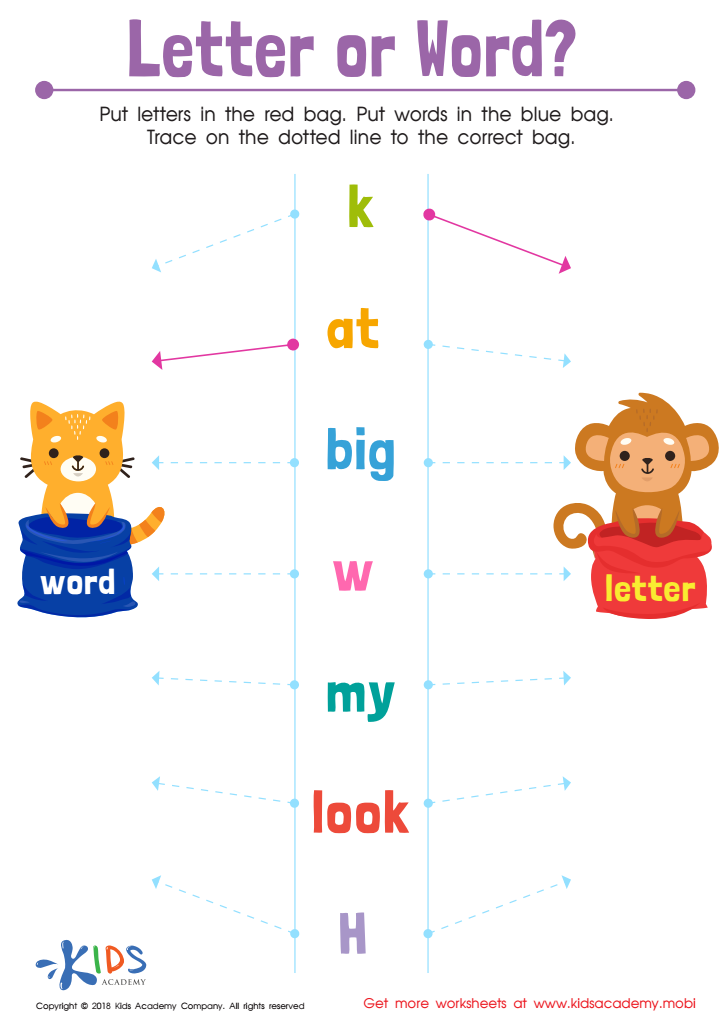

Letter or Word? Worksheet
Alphabet recognition is a foundational skill that significantly influences children's literacy development. For parents and teachers of children aged 4-7, understanding and supporting alphabet recognition is essential for several reasons. First, recognizing letters is crucial for reading and writing. Children who can easily identify letters are better equipped to decode words and develop phonemic awareness, essential for reading fluency and comprehension.
Moreover, participating in activities like the Alphabet Recognition Extra Challenge fosters engagement and motivation. It introduces children to fun learning experiences that make mastering the alphabet enjoyable rather than a chore. Collaborative challenges encourage social interactions among peers, enhancing communication skills and teamwork.
In addition, early mastery of alphabet recognition builds confidence in young learners, instilling a positive attitude toward reading and learning. This competence not only prepares them for future academic challenges but also supports lifelong learning habits.
Lastly, tracking progress in alphabet recognition can help parents and teachers identify areas of strength and those that may require additional support, allowing for tailored educational approaches. By prioritizing alphabet recognition, parents and teachers create a strong literacy foundation that will benefit children throughout their academic journey and beyond.
 Assign to My Students
Assign to My Students







